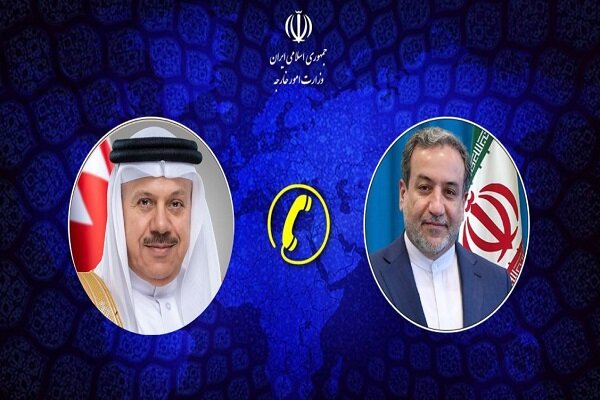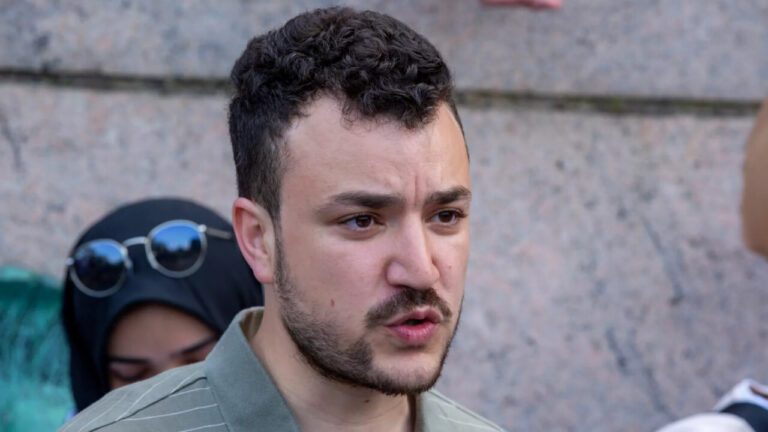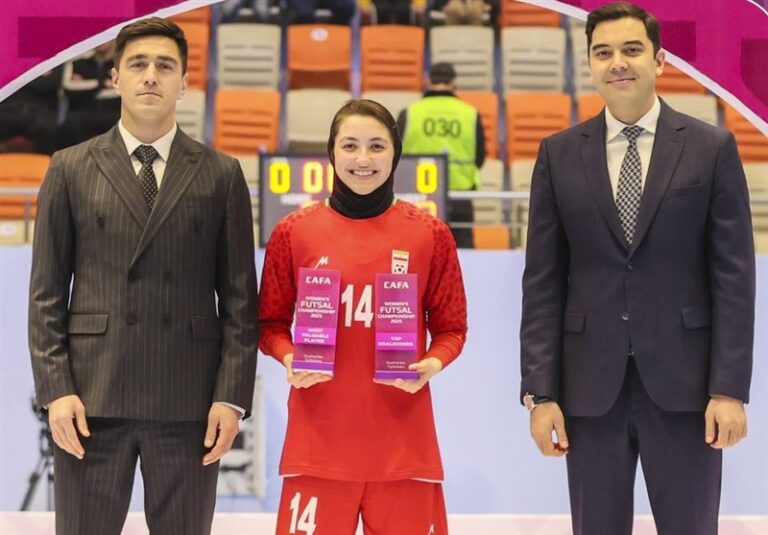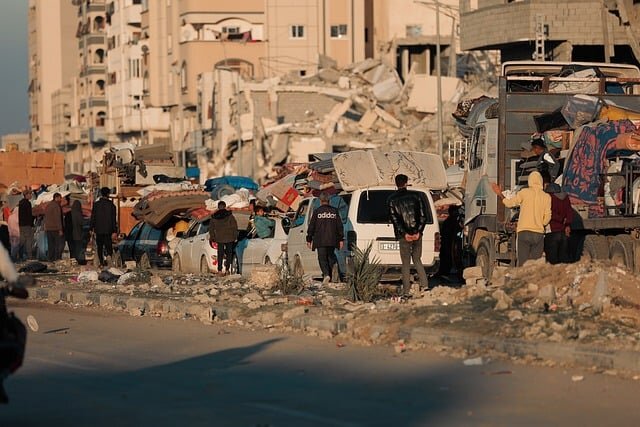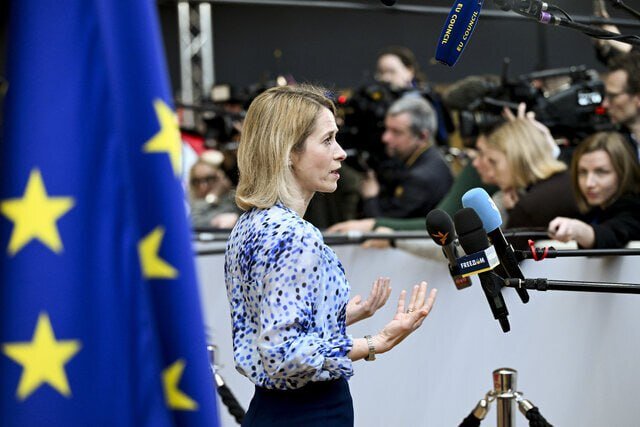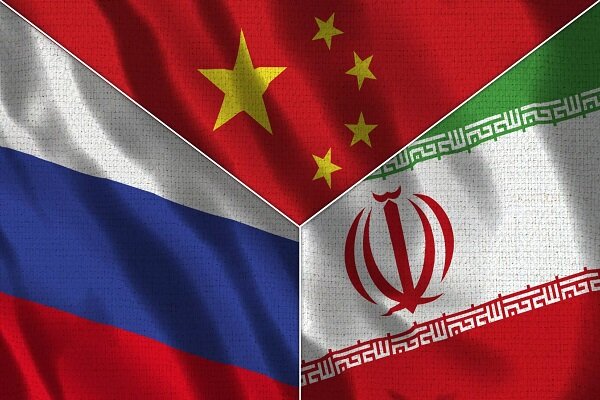Iran and Bahrain Foreign Ministers Discuss Strategic Regional Cooperation
In a significant development in Middle Eastern diplomacy, Iran’s Foreign Minister Abbas Araghchi and Bahrain’s Foreign Minister Abdullatif bin Rashid Al Zayani engaged in a telephone conversation on Wednesday night. This discussion focused on regional and global issues, showcasing the ongoing efforts to enhance bilateral relations between the two nations.
During their conversation, Al Zayani highlighted a recent phone call between Iran’s President and Bahrain’s King. He expressed optimism regarding the potential for continued bilateral consultations and cooperation based on mutual interests. Such dialogues are crucial for fostering a spirit of collaboration in a region that has faced numerous challenges.
Araghchi responded positively, emphasizing the necessity of sustained dialogue among regional countries as a means to bolster peace and stability in the Middle East. He reiterated Iran’s readiness to engage in collaborative efforts that could lead to significant improvements in relations.
The importance of this telephone conversation cannot be understated, as it reflects a broader trend of diplomatic engagement in the region. Here are some key points that arose from their dialogue:
- Focus on Communication: The conversation between the two foreign ministers underscores the importance of open lines of communication in addressing regional tensions.
- Bilateral Relations: Both ministers expressed a commitment to enhancing bilateral relations, which is vital for regional stability.
- Regional Cooperation: There is a shared understanding that cooperation among Middle Eastern nations is essential for tackling common challenges.
- Continued Engagement: Al Zayani’s hope for ongoing discussions indicates a willingness to explore diplomatic avenues further.
This interaction between Iranian and Bahraini officials is part of a larger diplomatic framework that aims to address pressing issues affecting the region. The Middle East has been a focal point of various geopolitical tensions, and these discussions signify a step toward potential reconciliation and collaborative efforts.
Both ministers acknowledged the changing dynamics in the region and how these changes necessitate innovative approaches to diplomacy. By engaging in dialogue, Iran and Bahrain are positioning themselves as proactive players in the quest for peace and stability.
Moreover, the conversation reflects a broader commitment to regional diplomacy. As nations strive to navigate complex interrelations, this type of dialogue is pivotal. Here are a few reasons why such engagements are beneficial:
- Building Trust: Regular communication helps in building trust among nations, essential for long-term stability.
- Addressing Misunderstandings: Dialogues can effectively address and clarify potential misunderstandings that may arise.
- Collaborative Approaches: Nations can explore collaborative approaches to common challenges, which is critical in a region marked by conflict.
As the conversation concluded, both Araghchi and Al Zayani emphasized the need for a collective effort to address regional issues. They recognized that the road toward peace is often fraught with challenges, yet the commitment to dialogue is a positive step forward.
In summary, the recent telephone conversation between Iran’s and Bahrain’s foreign ministers is a noteworthy development in Middle Eastern diplomacy. By prioritizing dialogue and mutual understanding, both countries are taking important steps toward enhancing their bilateral relations and contributing to regional stability. As the situation continues to evolve, the commitment to communication will be crucial for navigating the complexities of the Middle East.
Moving forward, it will be interesting to observe how these discussions will influence future diplomatic engagements in the region. The hope is that such initiatives will pave the way for a more collaborative and peaceful Middle East.
